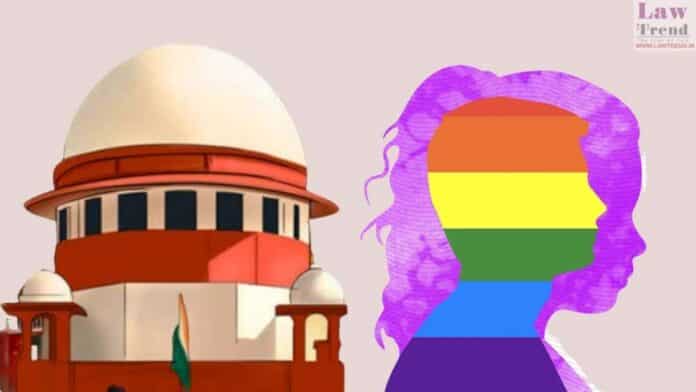On Friday, the Supreme Court of India sought a response from the Central government regarding a plea that challenges existing guidelines prohibiting transgender people, gay individuals, and sex workers from donating blood. The plea, filed by activist Sharif D Rangnekar, contests the 2017 guidelines set by the National Aids Control Organisation and the National Blood Transfusion Council, which categorically exclude these groups.
Chief Justice D Y Chandrachud, leading the bench, issued notices to the Union government, the National Aids Control Organisation, and the National Blood Transfusion Council, marking a significant step towards addressing the concerns raised by the petition.
The contentious 2017 guidelines assert that transgender persons, men having sex with men (MSM), and female sex workers are permanently deferred from donating blood due to a presumed higher risk of HIV, hepatitis infections, and other Transfusion Transmissible Infections (TTIs). These guidelines have been criticized for discriminating against these groups based on their sexual orientation and gender identity rather than individual health profiles and behaviors.
The petitioner argues that the guidelines are not only discriminatory but also lack a scientific basis, as they fail to consider modern medical advances in the detection and management of TTIs. By excluding entire groups, the guidelines overlook individual health conditions and safe practices that might make many in these communities eligible and safe donors.




